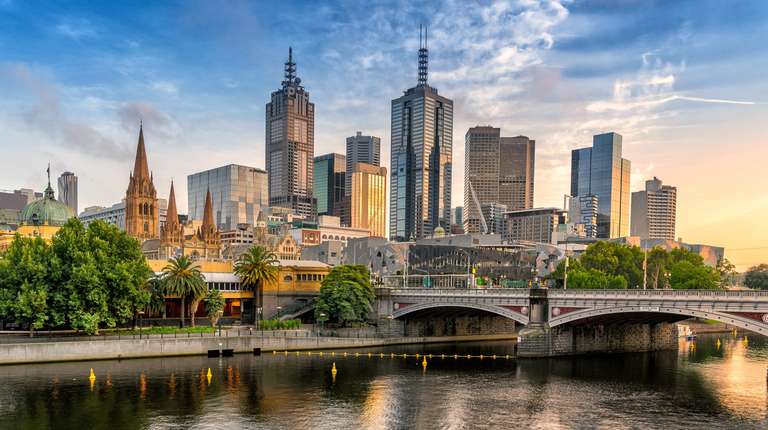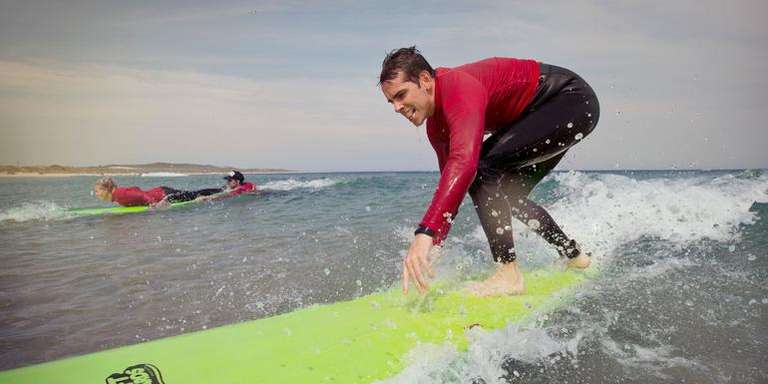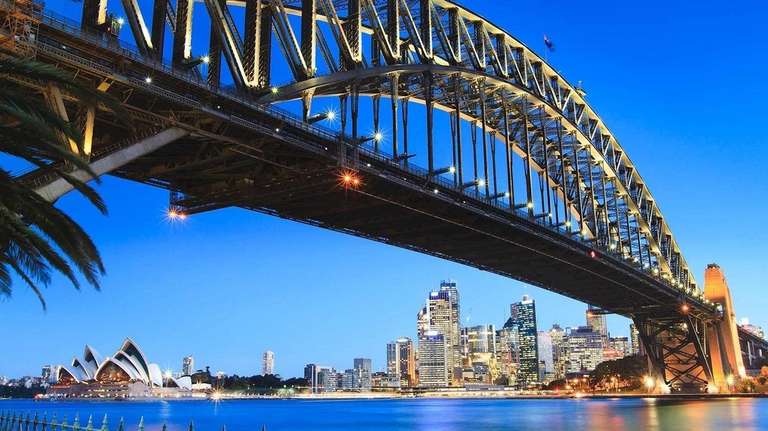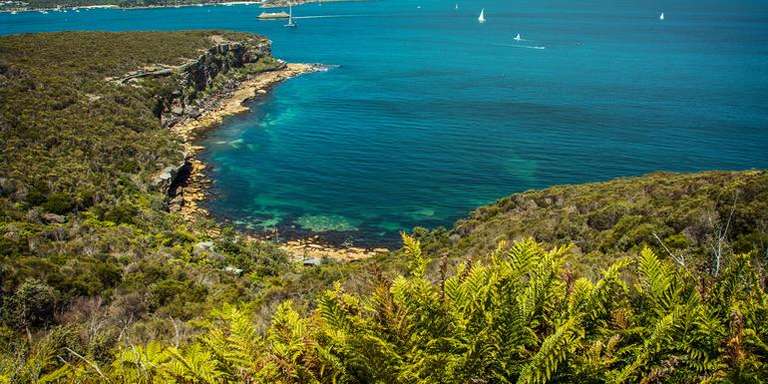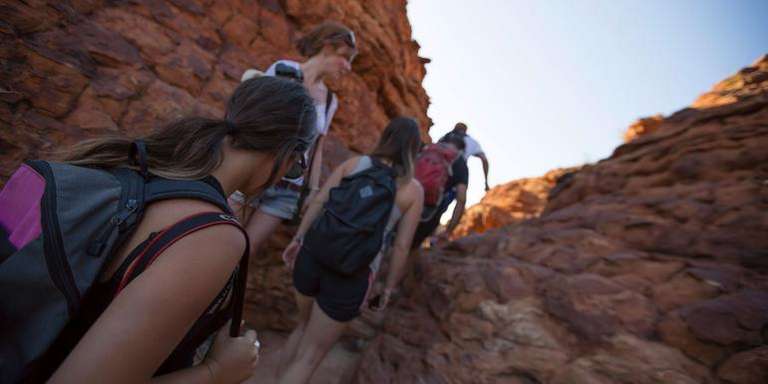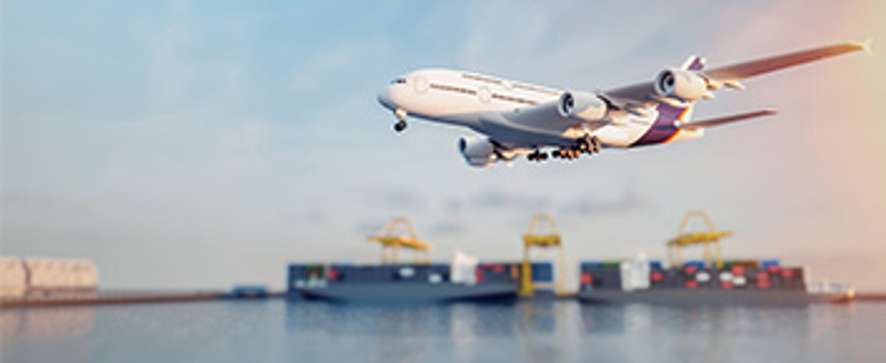Whale Watching in Sydney: All you need to know

- Rosario Maria Gagliano
- From Italy
- Rosario Maria Gagliano
- From Italy
- Heather M
- From
- Christopher H
- From
Types of whales
Off the Sydney coast, the most common whales are humpbacks and southern right whales. Occasionally, people also spot killer whales, false killer whales, minke whales and the very rare Bryde’s whales. Pacific and bottlenose dolphins are also common sightings.
When to visit: Whale migration season

The whale watching season in Sydney is quite long and extends from May (winter) through to September (spring) and on into December each year. However, in winter months from June to August, whale numbers are fewer and rough seas preclude many of the whale watching cruises from leaving the harbour.
The best time to visit Sydney for whale watching is from the end of September until December when humpback whales are returning south to their Antarctic feeding ground in time for the Southern Hemisphere summer. During this time of year, females with newborn calves can often be seen closer to the shore.
How to whale-watch in Sydney
You will not be disappointed in your quest to go whale spotting in Sydney. Whether you prefer to keep your feet on the ground, get up close and personal to these ocean giants or prefer to see the full majesty of their migration displays set against a broad oceanic vista, there are a host of alternatives for you to select from. This thriving international gateway city enjoys some fine spots to see whales.
1. On land
Few natural sights can match a day spent whale watching from land. Sydney’s beautiful coastline is crammed with unrivalled vantage points to watch these majestic animals as they frolic in Sydney’s warm waters.
Sydney Harbour National Park
You don’t have to venture very far from Sydney’s centre to spot whales. A stroll through Sydney Harbour National Park, one of the best places to visit in Sydney, takes you to spectacular lookouts such as the scenic fairfax walk on North Head. Alternatively, saunter around to Dobroyd Head’s Arabanoo Lookout for spectacular views across the blue Pacific Ocean. At South Head, the Gap and the Coast Walk’s picturesque cliffs provide wonderful vantage points for spotting whales. Occasionally, these inquisitive beasts will even detour right into Sydney Harbour itself for your viewing pleasure.
Royal National Park
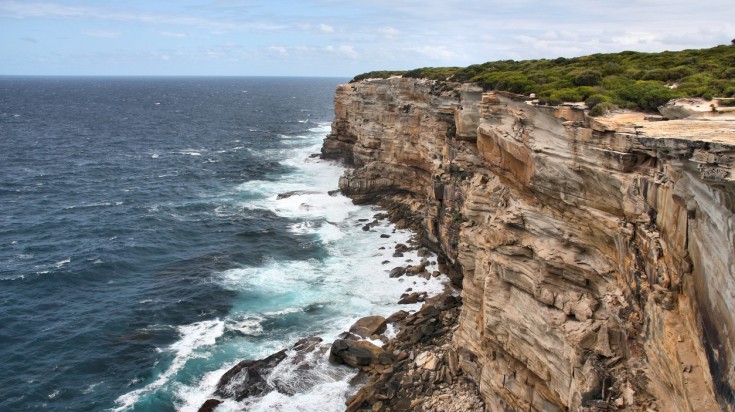
Join a guided tour along the Royal National Park Coast Track. Guides explain the links between the traditional owners, the Tharawal people and the humpback whales. While walking on the coast track, look out for 1,000-year-old Tharawal engravings on the ground.
Ku-ring-gai Chase National Park
Hike up to Barrenjoey Lighthouse in Ku-ring-gai Chase National Park to join the Barrenjoey Head Aquatic Reserve walk. Starting on a beautiful beach, the track swings inland before taking you to the summit, almost 100 meters (330 feet) above sea level. Here, the sandstone lighthouse with its views of passing whale spouts and tail slaps await. If you’re lucky, you may even see some whales breach, or even leap spectacularly out of the water. Head to the top of the lighthouse for even more sensational views.
2. From a boat

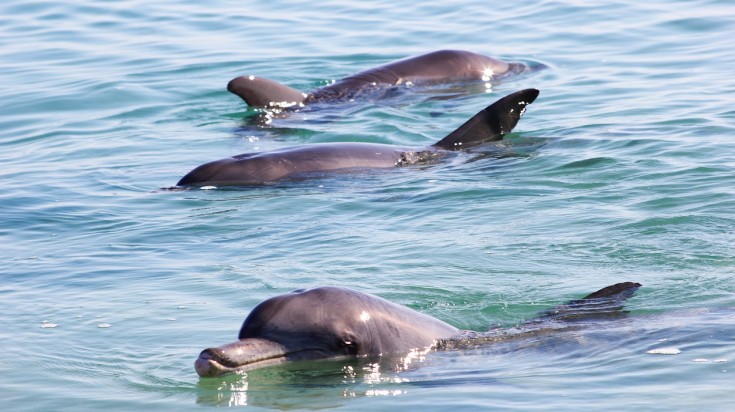
Take a cruise in the ocean waters off of Sydney in search of humpback and Southern right whales. The cruises will often be joined by pods of bottlenose dolphins, common dolphins, pilot whales, Australian fur seals and wandering seabirds including albatross. Whale fans will also enjoy fabulous harbor-side views of scenic Sydney Harbour on the way to the open ocean.
Single boats are allowed within 30 to 90 metres of the whales depending on how many boats are out watching. Departing from Circular Quay, whale watching boat tours usually range from around two to three hours or up to four hours depending on how much time is spent locating the whales.
3. From the air
To see whales from a whole different perspective, hop on a helicopter or a seaplane to spot them as they cavort in the warm water. Once airborne, track along the Botany Bay’s eastern shoreline towards Cape Banks, one of Australia's best whale watching locations.
From the air, visitors can see entire families of whales spread out below. Mother whales with their calves are a particularly touching sight seen from an aerial perspective. Along the way, you will also enjoy sublime views of Sydney’s iconic beaches forming for an experience that will linger in your memory forever. Flights usually last half an hour or one hour and offer the chance to see whales playing, tail slapping and occasionally breaching in a way that is not possible from a boat.
Good to know
- There are no specific times of day that are best to spot whales. The best way to choose a trip is by checking the weather forecast and finding a tour that fits with your schedule. Whales are active during the day and tour departures reflect crew schedules rather than whale behavior.
- It is highly recommended to book whale watching tours in advance since boats generally get fully booked. There is limited availability if you simply turn up on the day.
- The highest chances of spotting whales comes during the peak season. They’re more difficult to be spotted during rest of the year.
- Visit Sydney’s Australia Museum to learn more about whales. The Sea Life Sydney Aquarium in Darling Harbour also makes for a good stop as it displays more than 700 species of Australia’s freshwater and marine habitats.
- Apart from whales, Sydney is also renowned for its cuisine, particularly its seafood, fresh ingredients and excellent regional wines. Start or end your day tour at a local eatery and enjoy the local food and ambience.
- Outdoor enthusiasts can complement their whale watching with a tour of the majestic Blue Mountains and its surrounding national parks.
Whale watching in Sydney combines one of the world’s great cities with fabulous marine life spotting opportunities. For anyone interested in encounters with the gentle giants of the oceans, whale watching in Sydney is a “must do” experience to add to your Australia tour.


